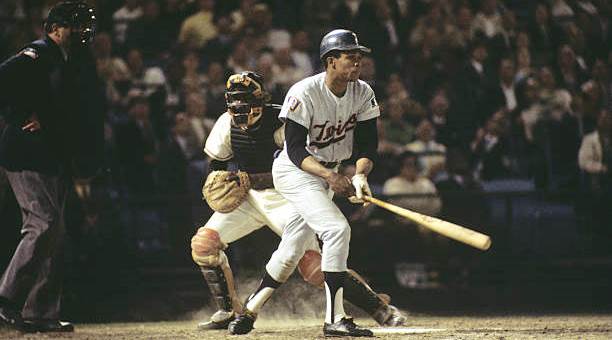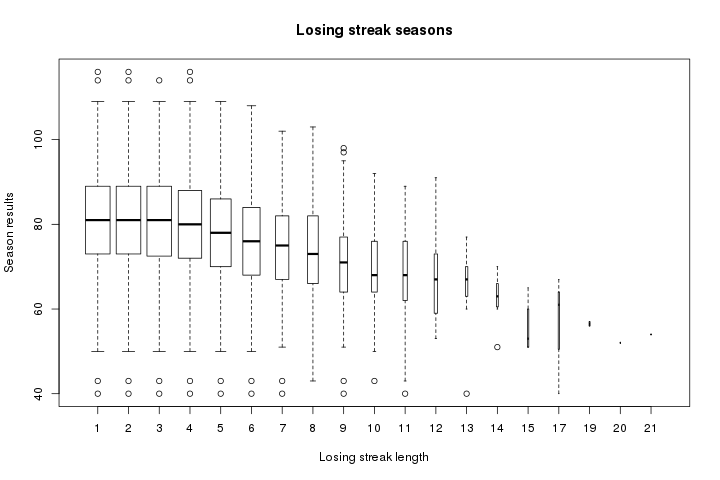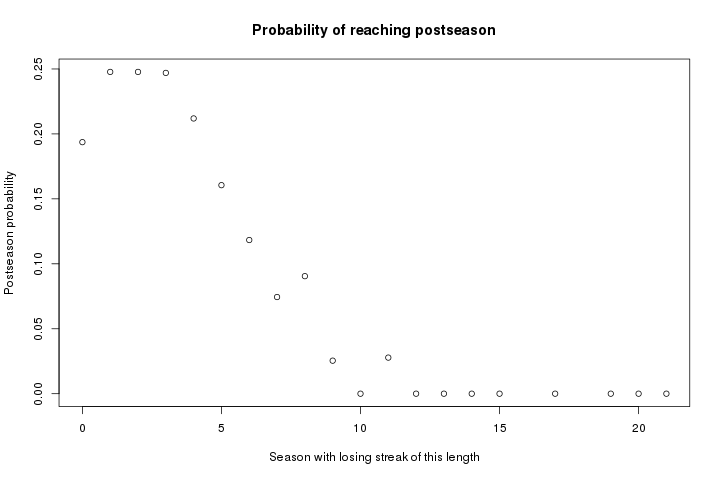SEATTLE 3, MINNESOTA 1 IN SEATTLE
Date: Wednesday, August 2.
Batting star: Rob Wilfong was 2-for-3.
Pitching stars: Geoff Zahn pitched six innings, giving up three runs on nine hits and a walk and striking out two. Mike Marshall struck out two in two shutout innings, giving up a hit and a walk.
Opposition stars: Jim Colborn pitched a complete game, giving up one run on six hits and one walk and striking out one. Julio Cruz was 2-for-3 with a double and a walk. Bob Stinson was 2-for-3. Leon Roberts was 2-for-4 with a stolen base, his third. Bob Robertson was 1-for-3 with a two-run homer (his sixth) and a walk.
The game: With one out in the second Robertson walked, was bunted to second, and scored on a Juan Bernhardt single, putting the Mariners up 1-0. The Twins tied it in the fourth when Roy Smalley walked, Rod Carew sent him to second with a double, and Butch Wynegar hit a sacrifice fly, making the score 1-1.
It stayed 1-1 until the sixth. Roberts got on with a one-out single and Robertson hit a two-out two-run homer to put Seattle up 3-1. And that was it. The Twins got three singles in the last three innings, but never put a man past first base.
WP: Colborn (3-8). LP: Zahn (8-10). S: None.
Notes: Wilfong and Bobby Randall platooned at second base. Randall actually played more games there, 115 to 80, but Wilfong got the call in this game.
The Twins also had a platoon at third base with Mike Cubbage and Larry Wolfe. Again, Cubbage played more games, 115 to 81, but Wolfe got the call here.
Rich Chiles was in left in place of Willie Norwood.
Jose Morales pinch-hit for Wolfe in the eighth. Randall went in to play third base.
Carew was leading the team in batting, of course, at .330. He would finish at .333. Dan Ford was batting .300. He would finish at .274. The Twins batted .267, which was tied for fourth in the league. Milwaukee led at .276.
As we've seen in numerous years, the Twins did not have much power. Smalley led the team with 19 homers. The only other player in double figures was Ford, with 11. The Twins hit 82 home runs, which was last in the league and 15 behind the next-lowest team. Milwaukee led with 173, more than twice as many as the Twins had.
Zahn had a solid year, going 14-14, 3.03, 1.35 WHIP. The staff ace was Dave Goltz, who went 15-10, 2.49, 1.25. Roger Erickson, in his rookie year, went 14-13, 3.96, 1.31. We really thought we had something in Erickson, and maybe we would have if he hadn't thrown 265.1 innings in his age 21 season. Gary Serum joined the rotation in May and went 9-9, 4.10, 1.26. The other starters were Darrell Jackson, 4-6, 4.48, 1.48, and Paul Thormodsgard, 1-6, 5.05, 1.49. "Closer" Mike Marshall went 10-12, 2.45, 1.18 with 21 saves (the rest of the team had five). The Twins pitched to a 3.69 ERA, good for tenth in the league. New York led at 3.18. The Twins were ninth in WHIP at 1.36. New York led there, too, at 1.23.
This was Jim Colborn's last season. He had been a good pitcher, but he no longer was one in 1978, going a combined 4-12, 5.24, 1.44 WHIP for Kansas City and Seattle. This was his first game all season in which he had a game score over 50.
This was the second of a four-game losing streak. The Twins were in a stretch in which they lost seven of eight, nine of eleven, and eleven of fourteen.
Record: The Twins were 45-58, in fifth place in the American League West, 12.5 games behind Kansas City. They would finish 73-89, in fourth place, 19 games behind Kansas City.
The Mariners were 38-69, in seventh (last) place in the American League West, 21.5 games behind Kansas City. They would finish 56-104, in seventh place, 35 games behind Kansas City.
Random Record: The Twins are 46-45 in Random Rewind games.








 (2 votes, average: 9.50 out of 10)
(2 votes, average: 9.50 out of 10)